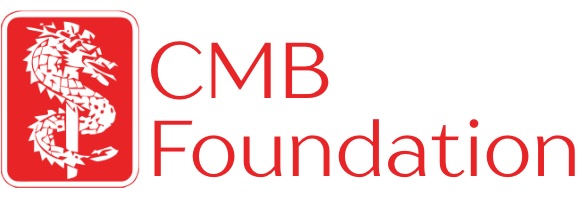
November 25, 2024
Public Health Thank You Day
Support for public health has been a significant part of CMB’s work since its earliest days, when John Grant and C.C. Chen of Peking Union Medical College started the first public health...
Continue Reading
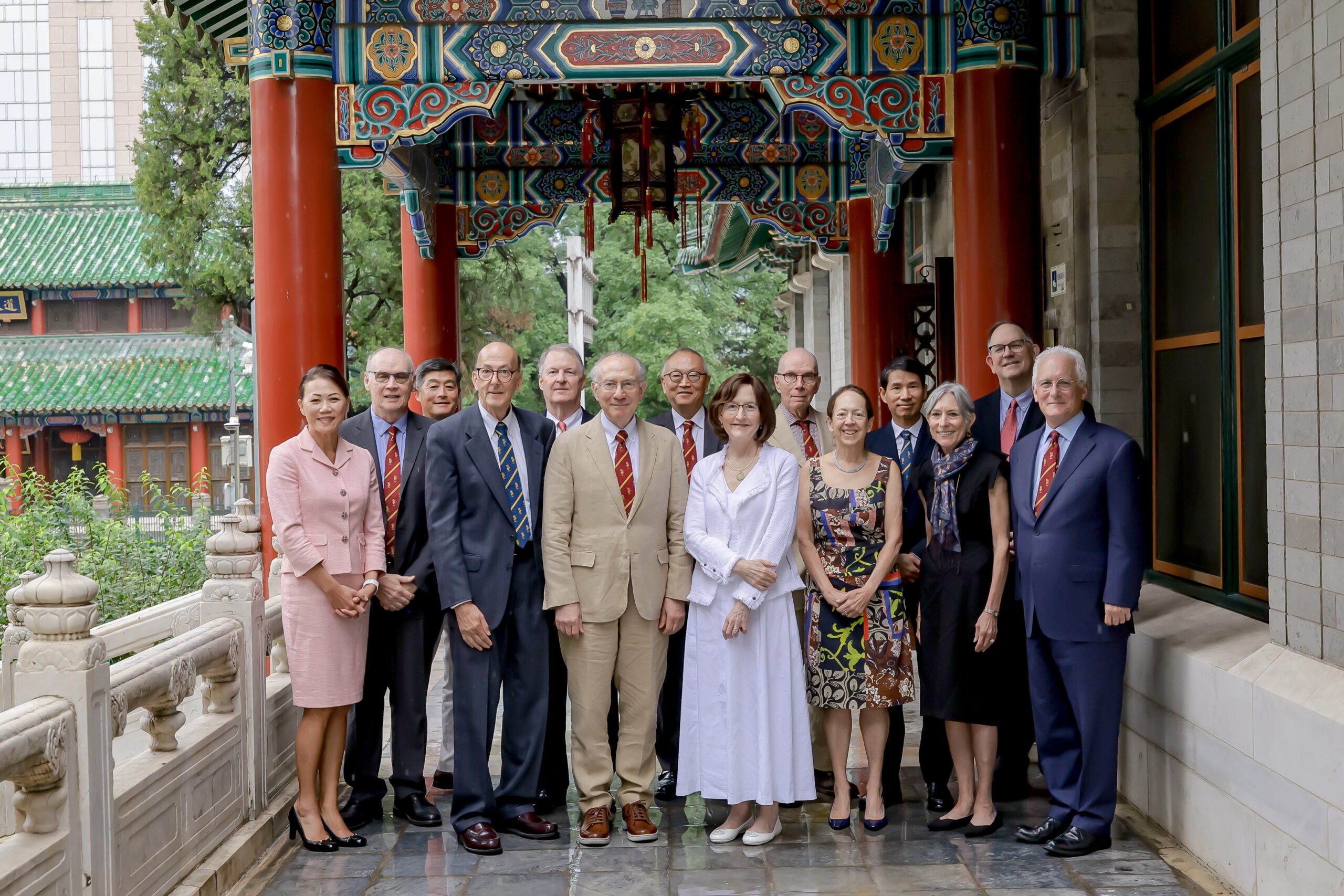
November 12, 2024
CMB Celebrates Its 110th Anniversary in China
In September, a delegation of CMB trustees and senior staff traveled to Beijing, Shanghai, and Hong Kong to hold the foundation’s biannual board meeting and to celebrate its 110th anniversary....
Continue Reading
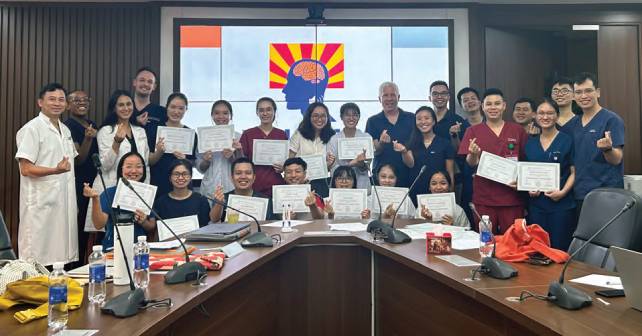
July 10, 2024
Training Course in Vietnam: Emergent Management of Traumatic Brain Injury
In the United States, the EPIC (Excellence in Prehospital Injury Care) Project has successfully promulgated evidence-focused guidelines for in-hospital and pre-hospital traumatic brain injury (TBI) treatment. With grant support from CMB, a...
Continue Reading
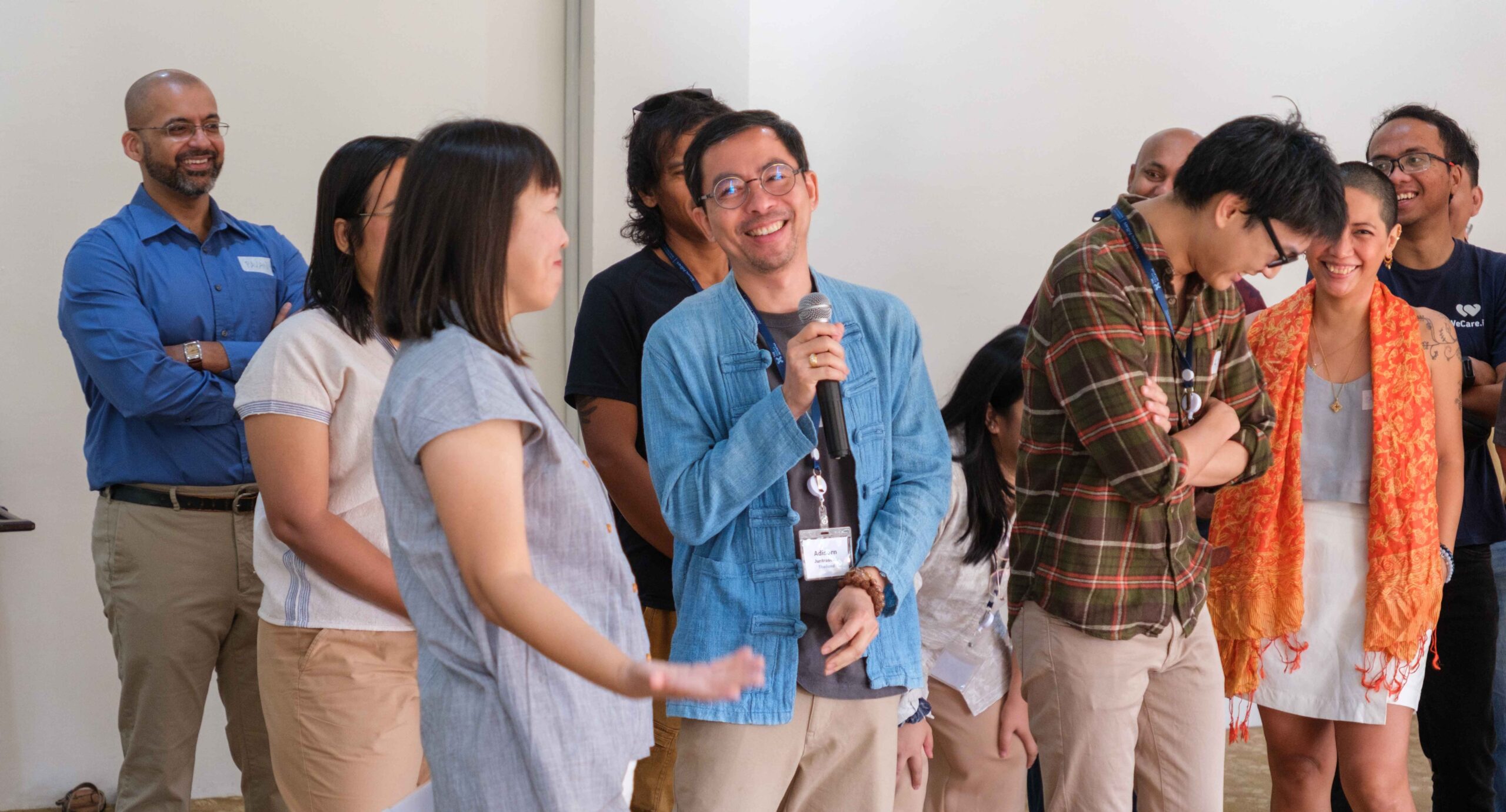
June 26, 2024
Taking Stock of EI’s Impact: Reflections from Our Fellows
Through the Equity Initiative, our Fellows from Southeast Asia and China gain a deeper understanding of health equity concepts and practices, examine approaches to enhancing equity from other parts of Asia and...
Continue Reading
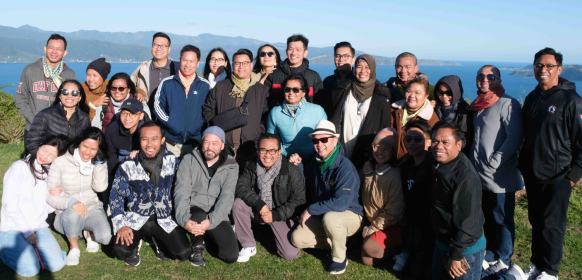
June 10, 2024
Global Learning I: A Deep Dive into New Zealand’s Approach to Health and Racial Equity
The 2024 Equity Initiative Fellows traveled to New Zealand for Global Learning I to explore health equity as well as historical, cultural and diversity perspectives outside of Asia. Held May 3-11, this was the...
Continue Reading
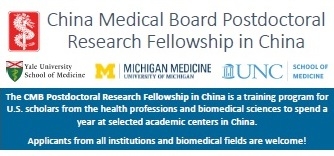
May 9, 2024
CMB Announces New Fellowship Program for U.S. Postdoctoral Researchers
CMB has initiated support for a postdoctoral research fellowship program that will give U.S. scholars from the health professions and biomedical sciences an opportunity to spend 1-2 years at selected academic and...
Continue Reading
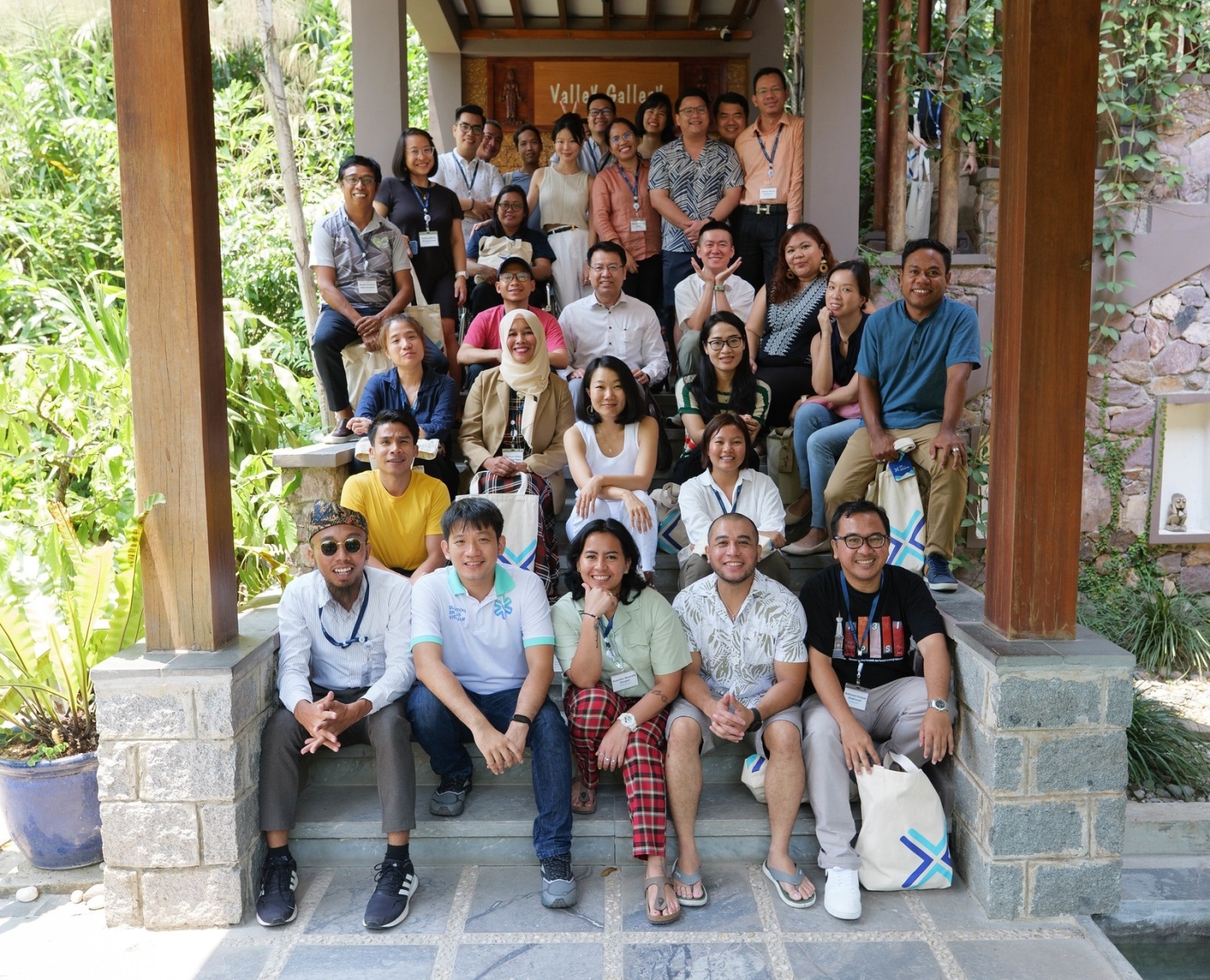
April 30, 2024
2024 EI Fellows Connect at the Opening Retreat
“We heard real stories [from Fellows] of courage to get through their difficulties in life. It was like watching a Netflix original series of very different, amazing stories around Southeast Asia that are very...
Continue Reading
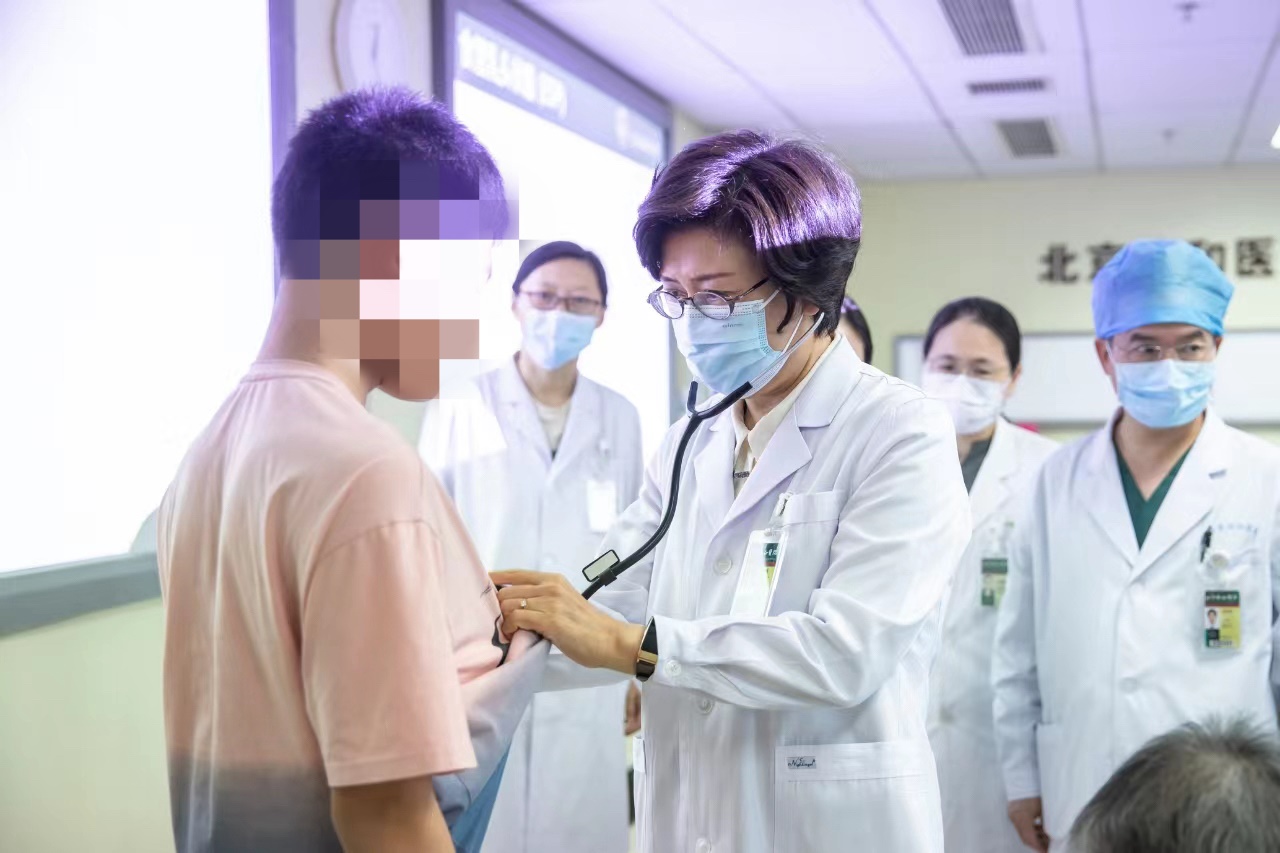
February 28, 2024
Shuyang Zhang: A Leader in China’s Efforts to Tackle Rare Diseases
Rare diseases, despite their name, encompass a vast array of conditions, affecting a significant number of people worldwide. Over 10,000 distinct rare diseases have been identified, affecting around 10 percent of people...
Continue Reading
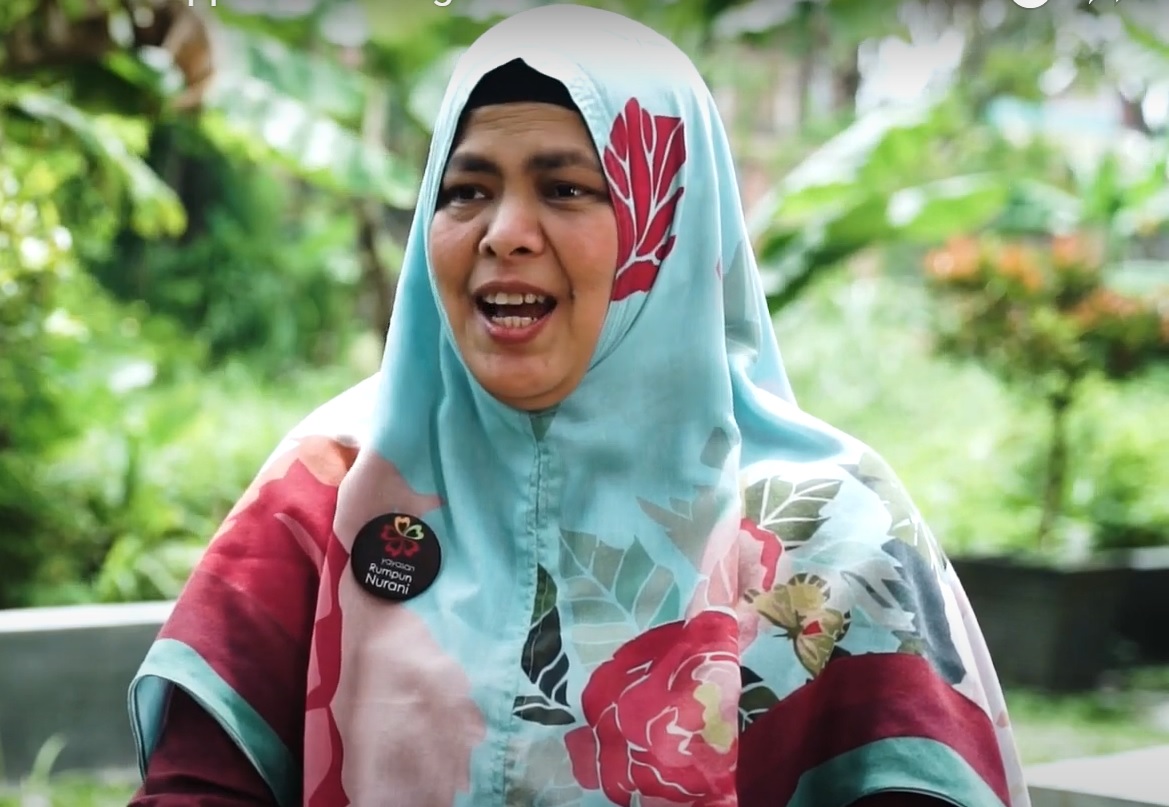
February 23, 2024
Sharing Lessons from COVID-19: A Video Collection
When our Equity Initiative Fellows complete their induction year, they are welcomed into the global community of Atlantic Fellows. The Equity Initiative is one of 7 programs supported through the Atlantic Institute. Our Fellows...
Continue Reading
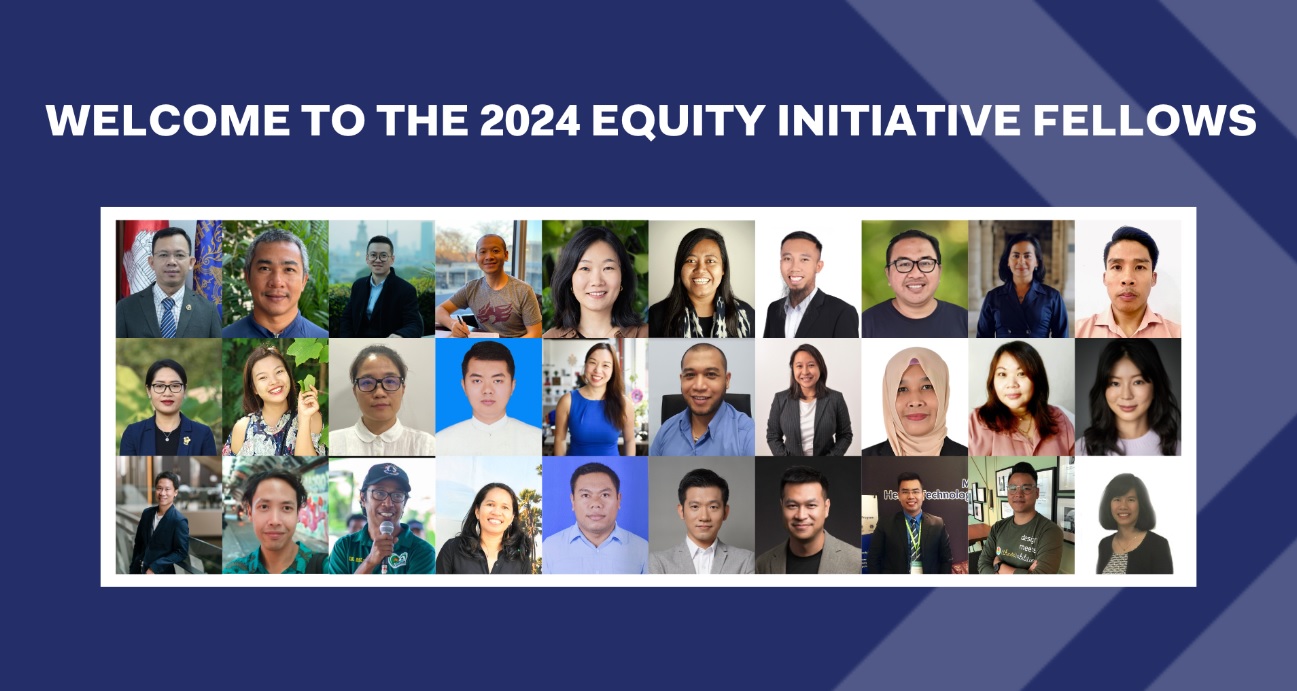
February 15, 2024
Welcome to the 2024 EI Fellows
The Equity Initiative warmly welcomes the 30 dynamic individuals who have been selected as the 2024 Equity Initiative Fellows! Representing 11 countries across Southeast Asia and China, this 8th cohort embodies a shared passion...
Continue Reading

February 5, 2024
A New Year’s Greeting from CMB
As the Year of the Dragon approaches, symbolizing strength and prosperity, we extend heartfelt wishes to all from the China Medical Board (CMB). This occasion beckons us to reflect on our collaborative...
Continue Reading
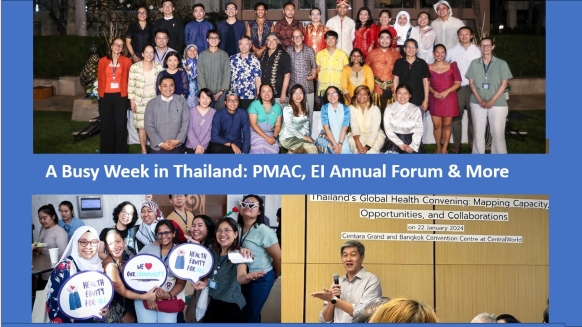
January 29, 2024
CMB at PMAC and the Equity Initiative’s Annual Forum
It was a busy week in Thailand for CMB leadership and Asia-based staff, as the Prince Mahidol Award Conference (PMAC) and the Equity Initiative’s Annual Forum provided occasions for reconnecting with international colleagues, sharing CMB...
Continue Reading

December 18, 2023
Season’s Greetings
Wishing you a joyful holiday season with good health, happiness and hope for a bright new year....
Continue Reading

November 20, 2023
Thanksgiving Greetings
As the Thanksgiving holiday approaches, all of us at CMB wish to take the opportunity to extend appreciation to our partners and colleagues for their support of our mission. The contributions of...
Continue Reading

October 12, 2023
Authentic, Understated, and Inspiring: A Personal Reflection on the Life of Chuck Feeney
The support of The Atlantic Philanthropies was a catalyst for the Equity Initiative, which was launched in 2016. Yet Le Nhan Phuong, EI’s Executive Director, had a much longer history with Chuck...
Continue Reading
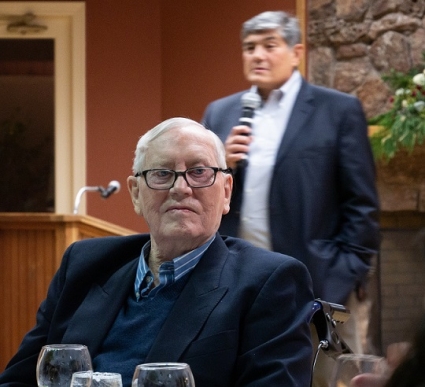
October 10, 2023
Remembering a Remarkable Human Being and Champion for Equity
The trustees and staff of China Medical Board mourn the passing of Chuck Feeney, a business leader, philanthropist, and equity champion, who died on October 9. Mr. Feeney’s long history of philanthropy...
Continue Reading
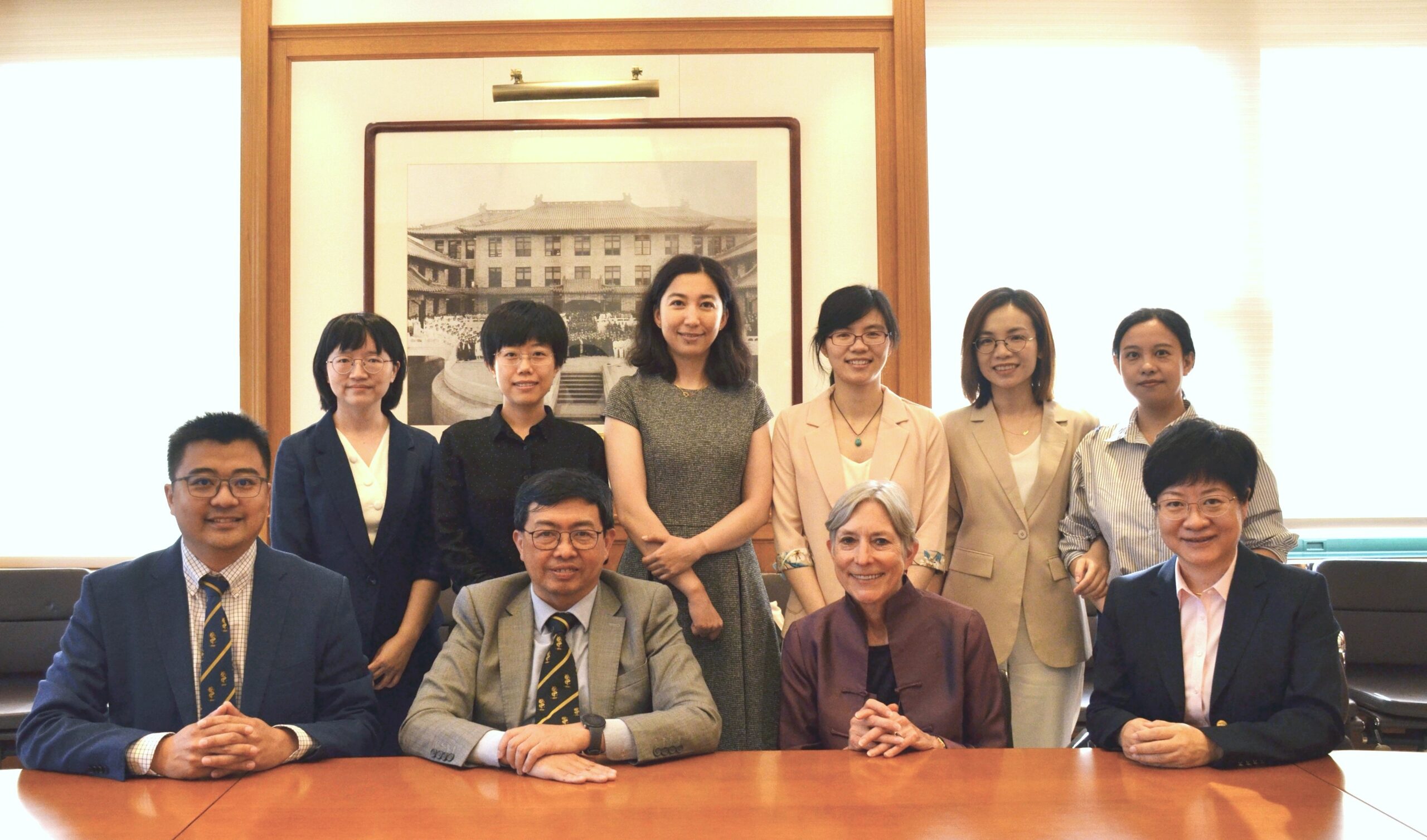
September 24, 2023
Preparing and Advancing Women for Leadership in the Health Sciences
Women represent nearly three-quarters of the global healthcare workforce. Moreover, more than half of all current medical school and other health science degree graduates are women. Nonetheless, the number and percentages of...
Continue Reading
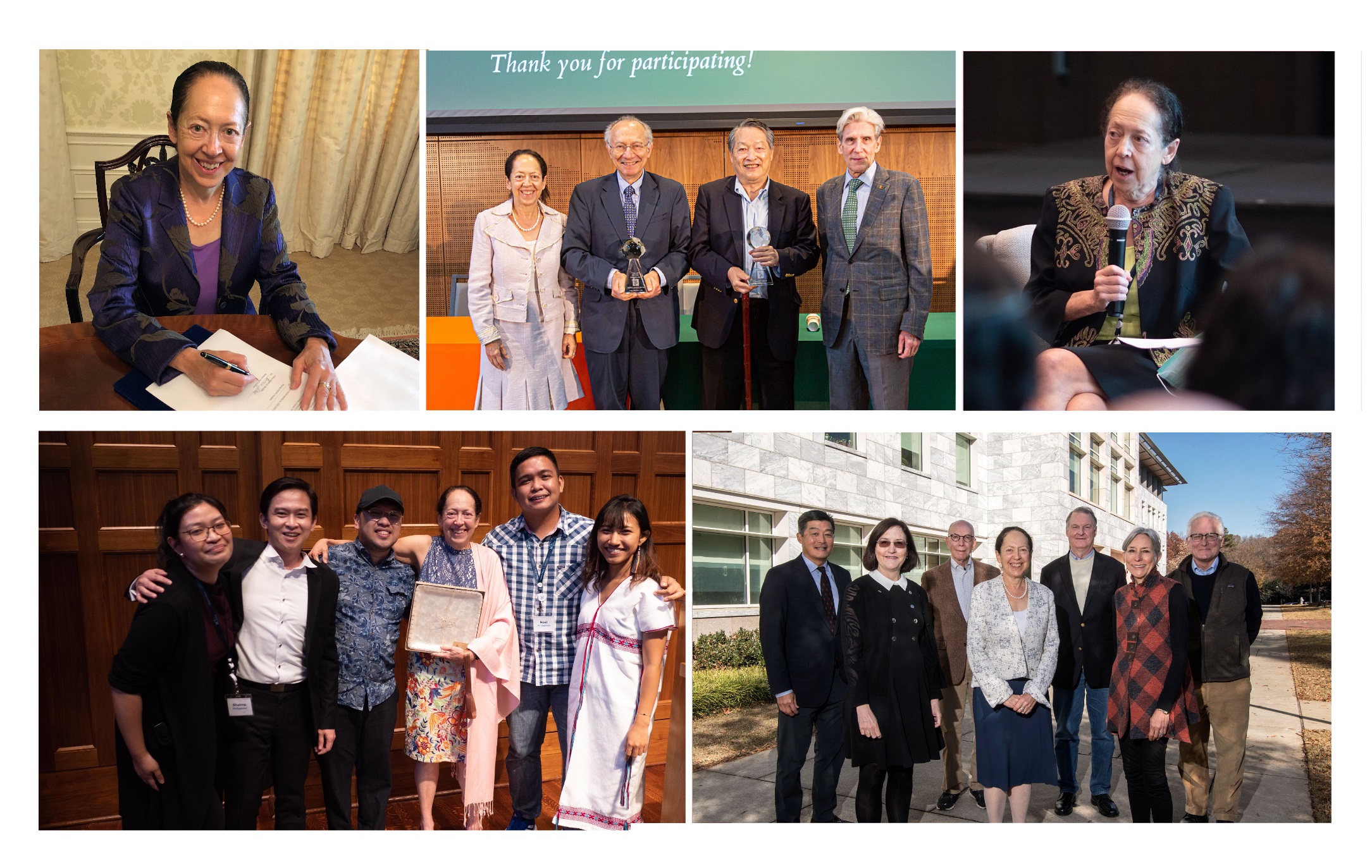
May 22, 2023
Barbara Stoll Reflects on Leadership Transition at CMB
As our trustees announced in January, CMB has embarked on a leadership transition, as Roger Glass begins his tenure as CMB President, and I step into the role of Senior Advisor to...
Continue Reading

March 8, 2023
Celebrating International Women’s Day
On International Women’s Day, my colleagues and I celebrate the many contributions that women make in support of the mission of the China Medical Board. Their commitment to advancing health, equity, and...
Continue Reading
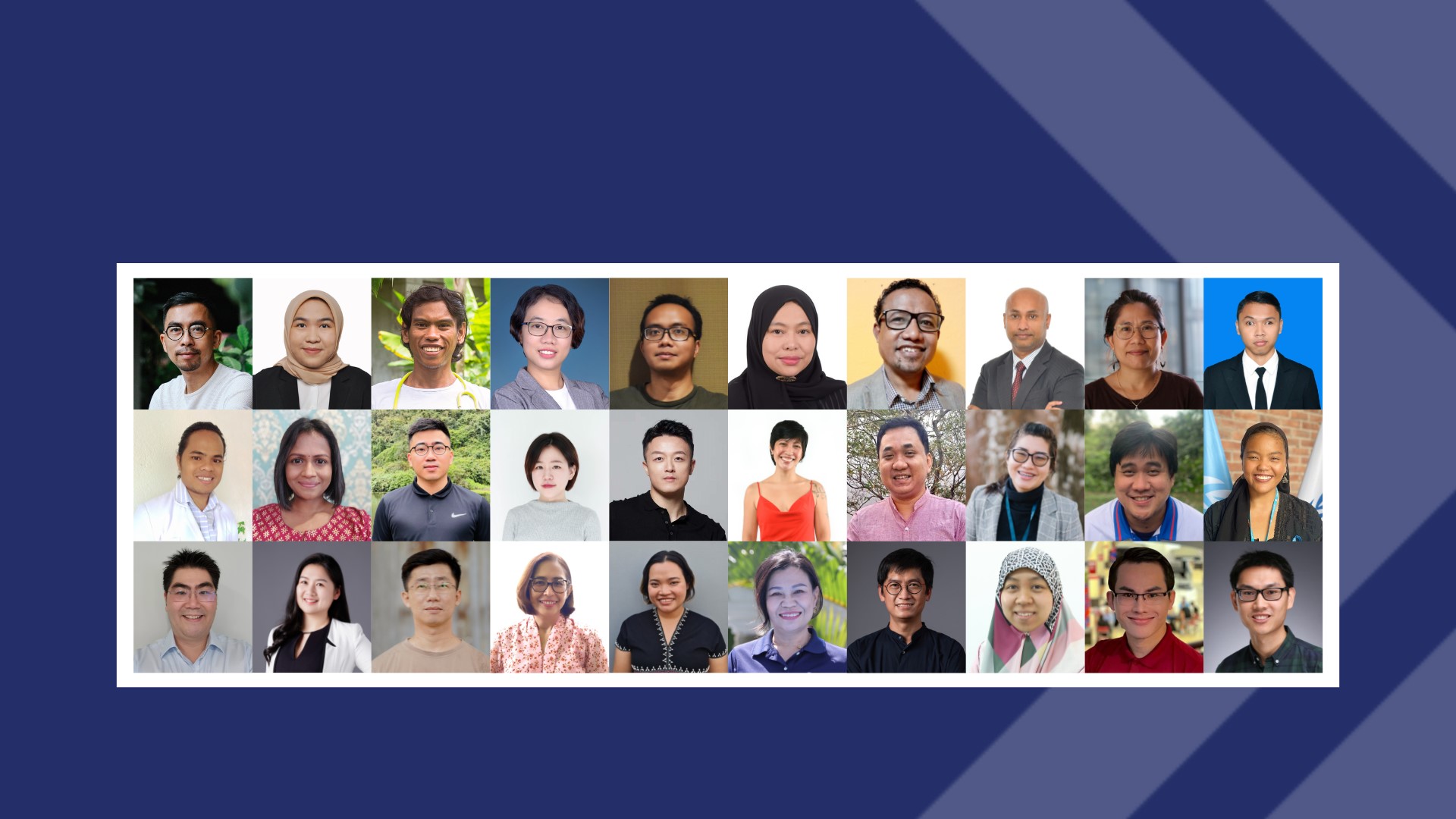
March 7, 2023
Welcome 2023 Equity Initiative Fellows!
Congratulations to the 30 Fellows who join the Equity Initiative’s 2023 cohort! EI is designed to build a generation of leaders (500+ over 20 years) who are committed to advancing health equity....
Continue Reading
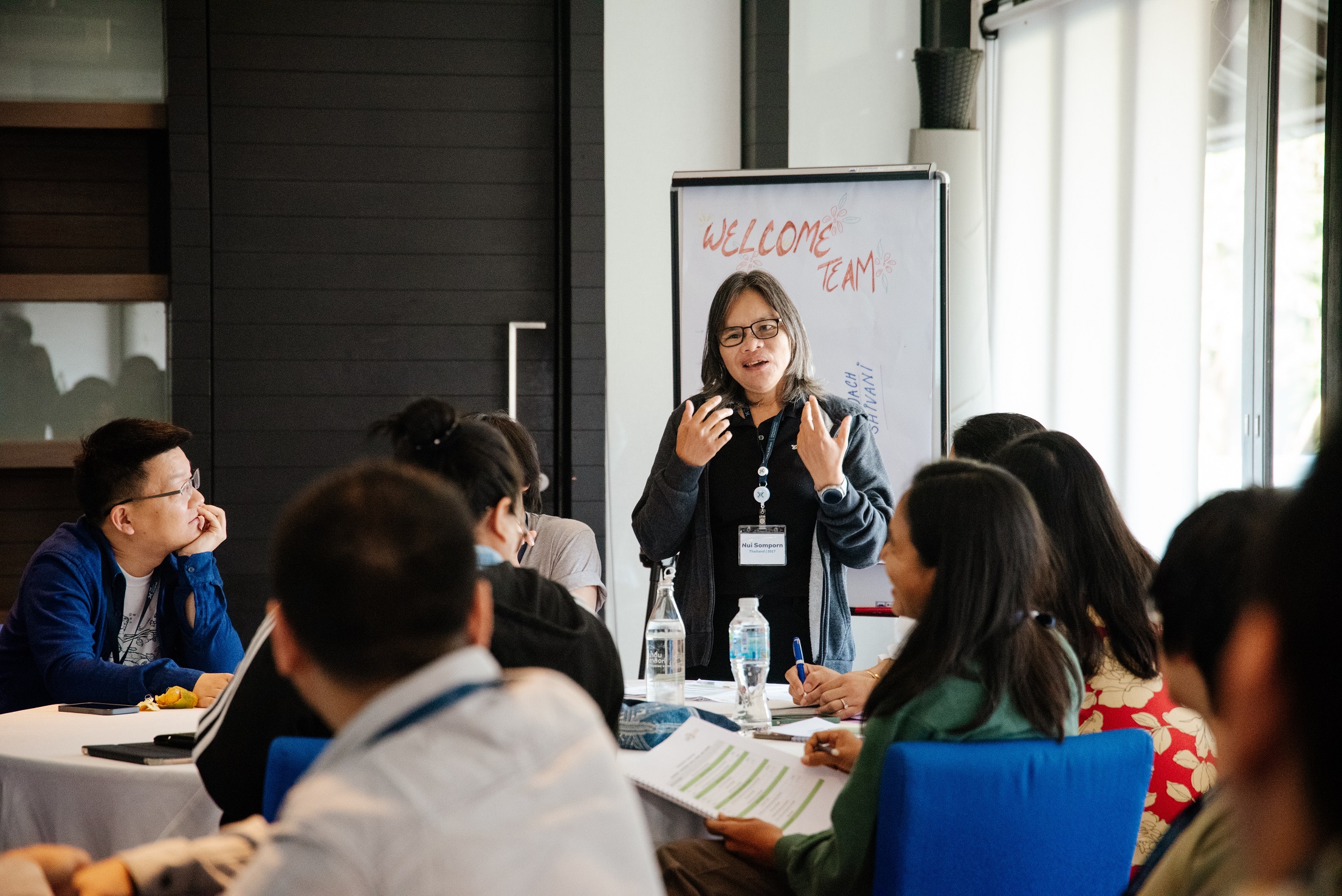
March 6, 2023
Learning the Craft of Organizing
What do we mean by the word “organizing”? At the Equity Initiative’s Community Organizing Workshop, facilitators from the Leading Change Network shared their definition: “Organizing is finding leadership that enables people to...
Continue Reading
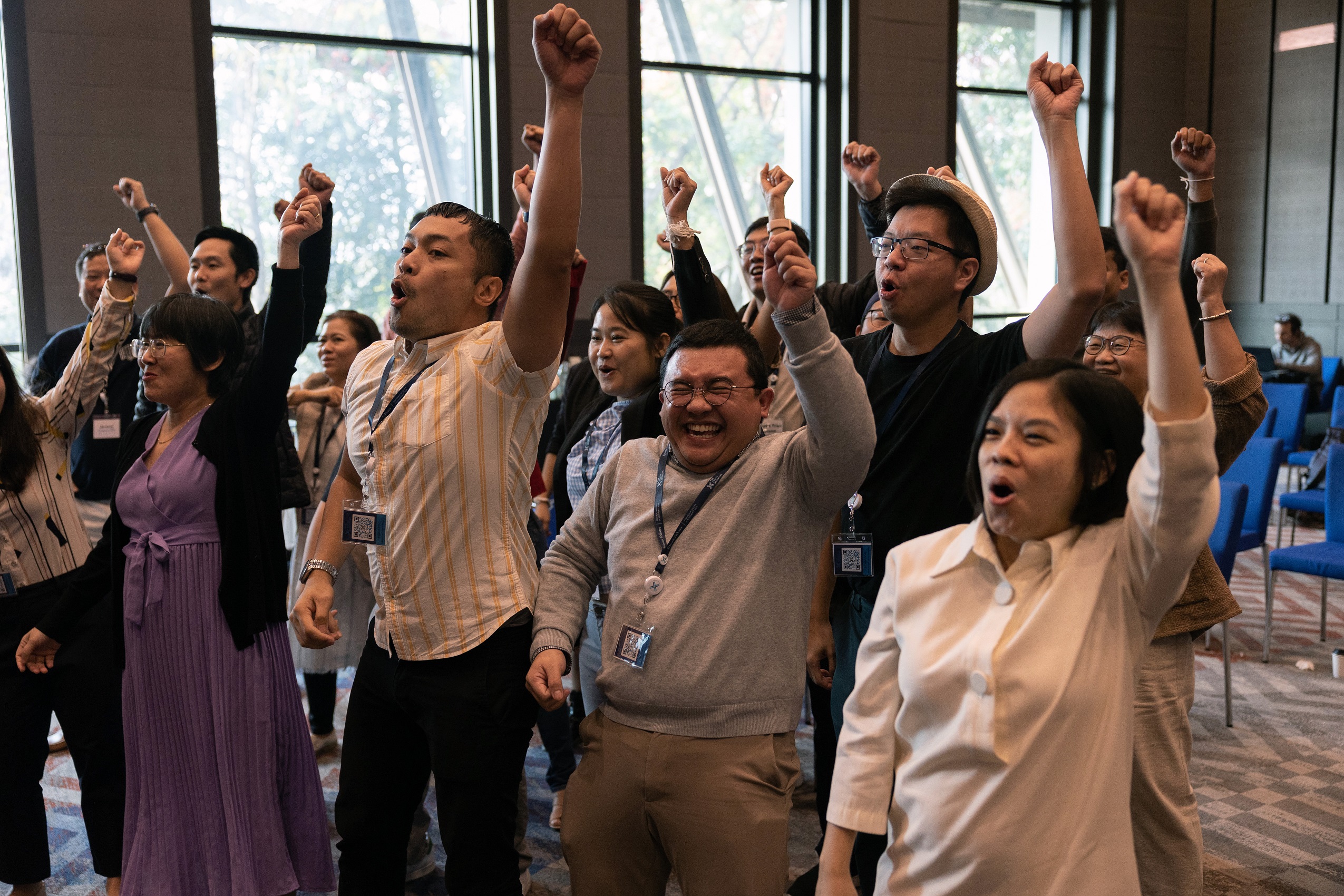
February 20, 2023
2023 Annual Forum: Strengthening the EI Equity Community
The Equity Initiative’s Annual Forum, held February 1-4 in Chiang Rai, Thailand, was an opportunity for Fellows to exchange ideas across cohorts and to hear from leaders with deep experience in global...
Continue Reading
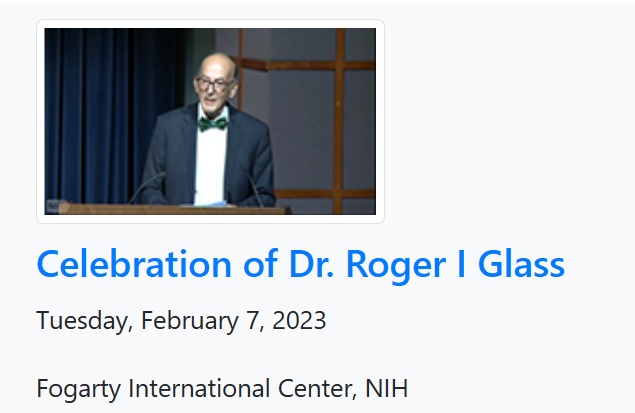
February 20, 2023
Honoring Roger Glass’s Leadership of the Fogarty International Center
CMB President-Designate Roger I. Glass was honored on February 7 for his remarkable tenure as the longest-serving director of the Fogarty International Center of the National Institutes of Health. His leadership and...
Continue Reading

February 20, 2023
2023 Annual Forum: Strengthening the EI Equity Community
The Equity Initiative’s Annual Forum, held February 1-4 in Chiang Rai, Thailand, was an opportunity for Fellows to exchange ideas across cohorts and to hear from leaders with deep experience in global health,...
Continue Reading

February 7, 2023
Bringing Everyone Forward: International Day of Women & Girls in Science
The United Nations has designated February 11 as the International Day of Women & Girls in Science, a day to recognize the expertise that women professionals bring to a wide array of...
Continue Reading
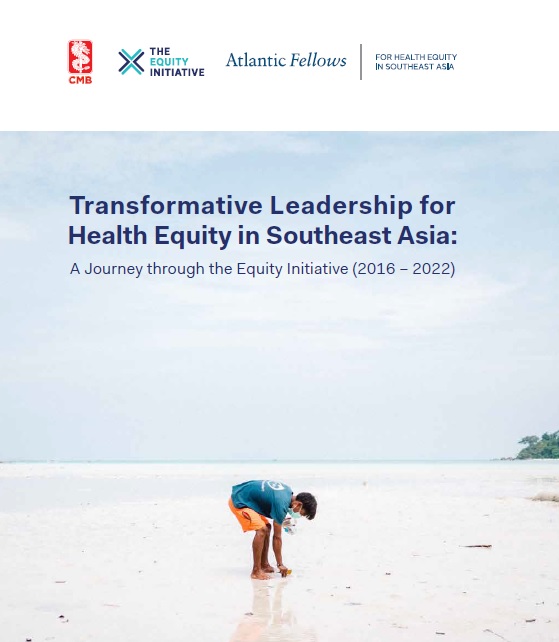
January 30, 2023
A Journey through the Equity Initiative
The Equity Initiative was launched in 2016 with an ambitious, long-term goal: to promote health equity in Southeast Asia, particularly among the most vulnerable and marginalized people. Achieving that goal requires a...
Continue Reading
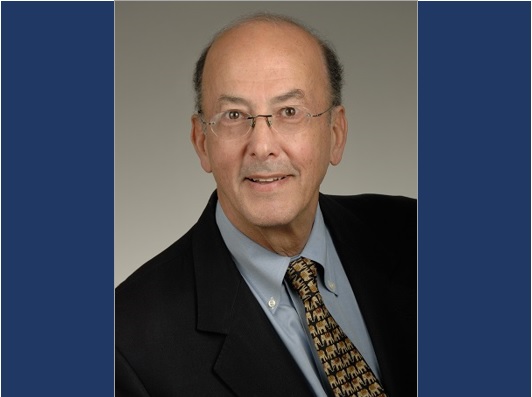
January 18, 2023
China Medical Board Announces the Appointment of Dr. Roger I. Glass as President
(January 17, 2023) The Trustees of China Medical Board announce the appointment of Roger I. Glass, MD, PhD as the next President of China Medical Board. Effective January 15, 2023, Dr. Glass...
Continue Reading
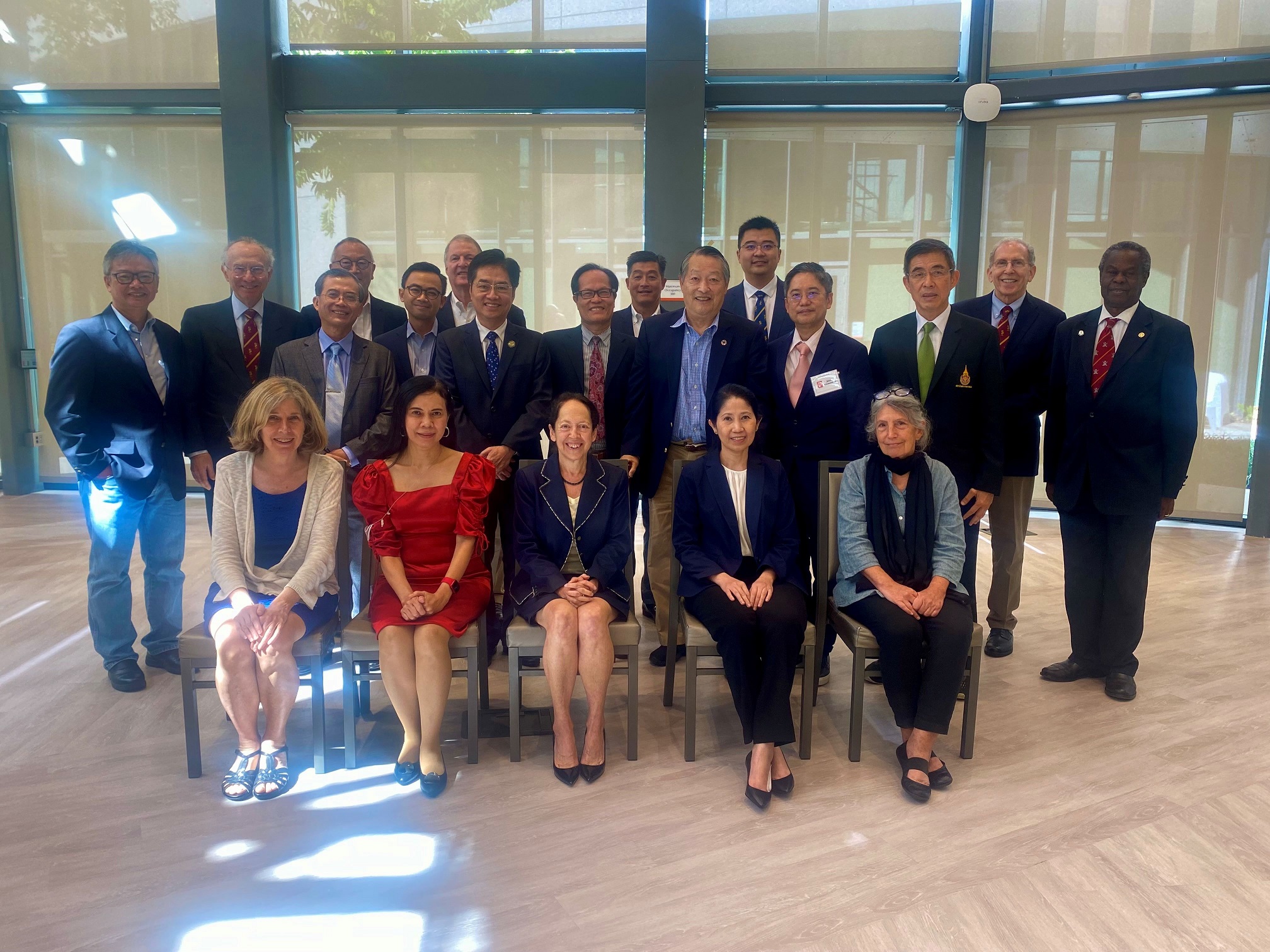
January 3, 2023
Health Professions Education in Asia: Challenges, Innovations, and Opportunities
CMB convened a “Workshop on Health Professions Education in Asia” with trustees, staff, and invited colleagues from Asia in order to survey recent challenges, innovations, and opportunities in the field of health...
Continue Reading
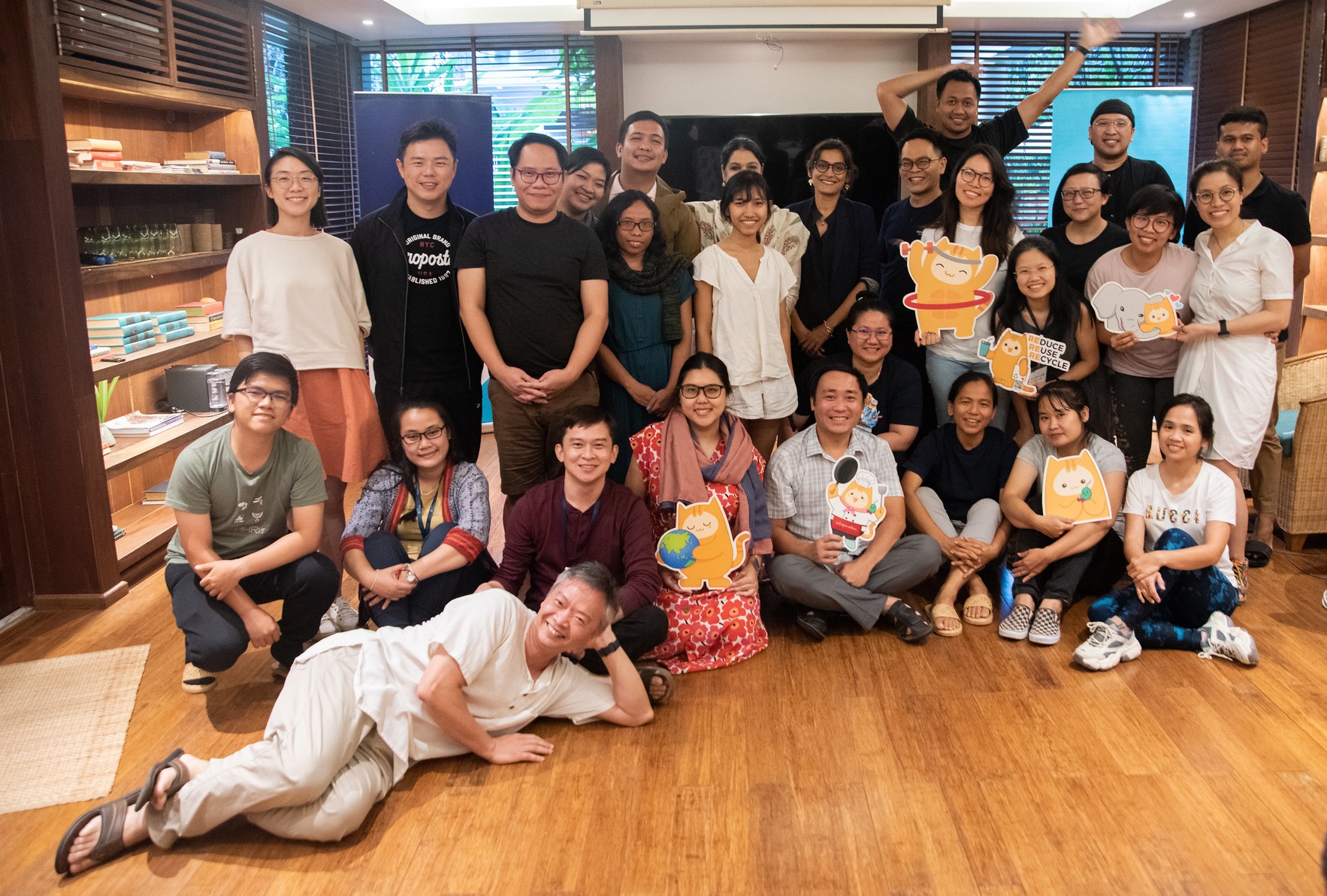
November 28, 2022
Project Accelerator: Expanding the Toolkit for Second-Year Projects
The Equity Initiative’s Project Accelerator is designed to help Fellows bring clarity and structure to the goals for their second-year equity projects, through additional skills training, guidance from resource persons, and peer...
Continue Reading
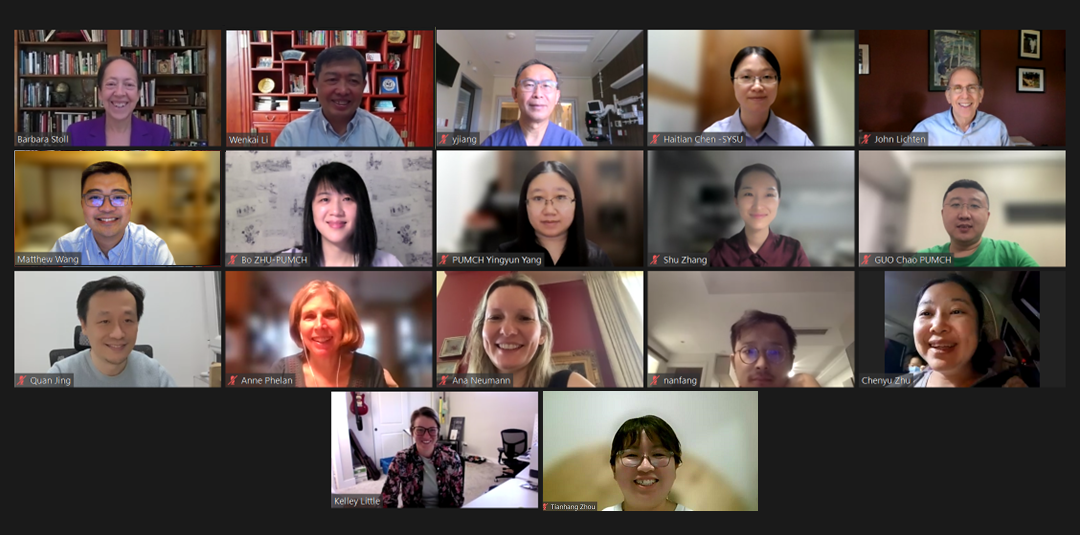
November 22, 2022
Clinical Scholar Innovation Grants Program: Fellows Report on Progress and Milestones
Over 20 outstanding young medical professionals have served as CMB Clinical Fellows and Consortium Clinical Fellows since 2015, and they have played important roles in coordinating the work of the China Consortium...
Continue Reading
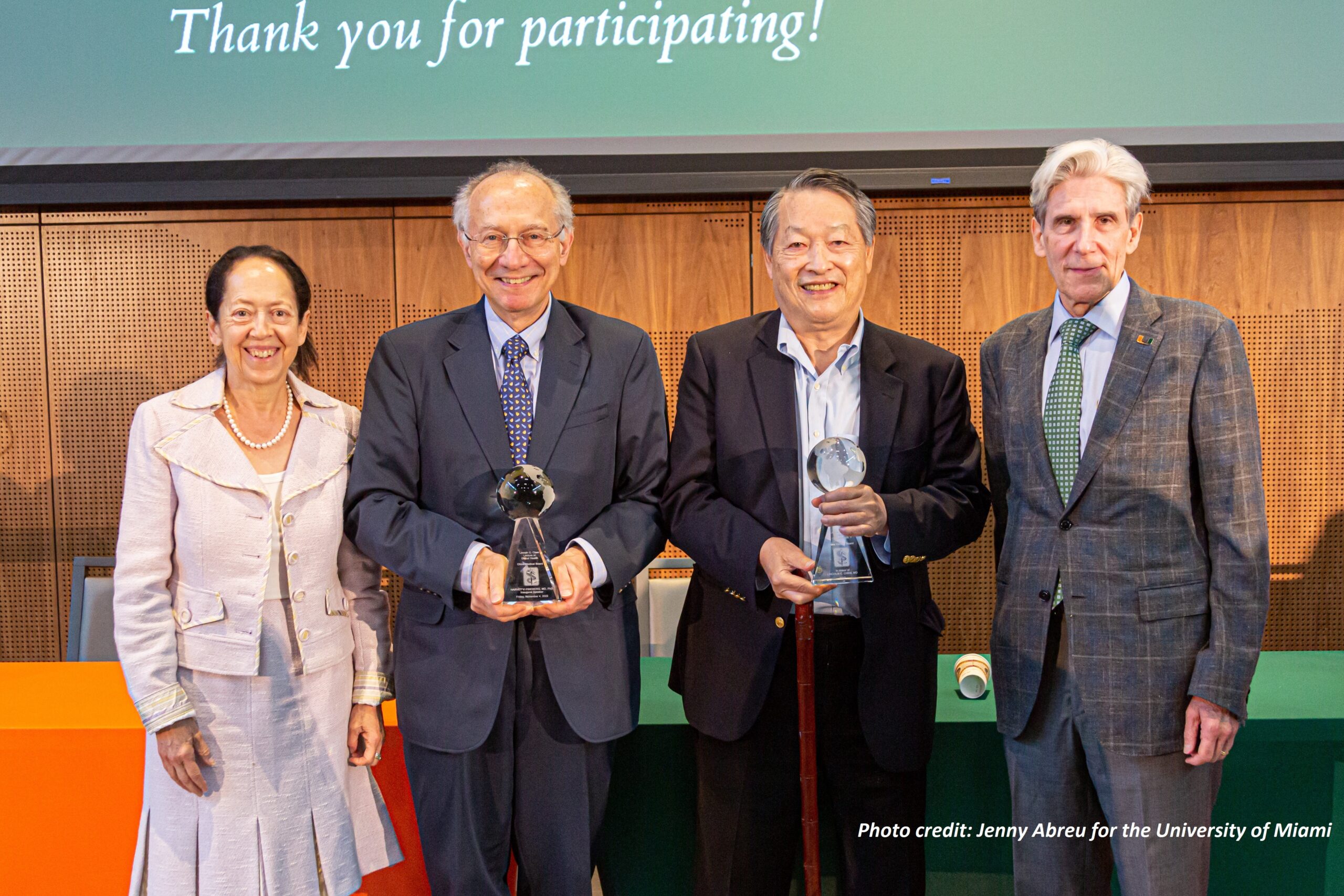
November 17, 2022
Harvey Fineberg Delivers Inaugural Lincoln C. Chen Lecture in Global Health
Picture above: CMB President Barbara Stoll, CMB Trustee Harvey Fineberg, CMB President Emeritus Lincoln Chen, and University of Miami President Julio Frenk. CMB Trustee Harvey Fineberg delivered the Inaugural Lincoln C. Chen...
Continue Reading
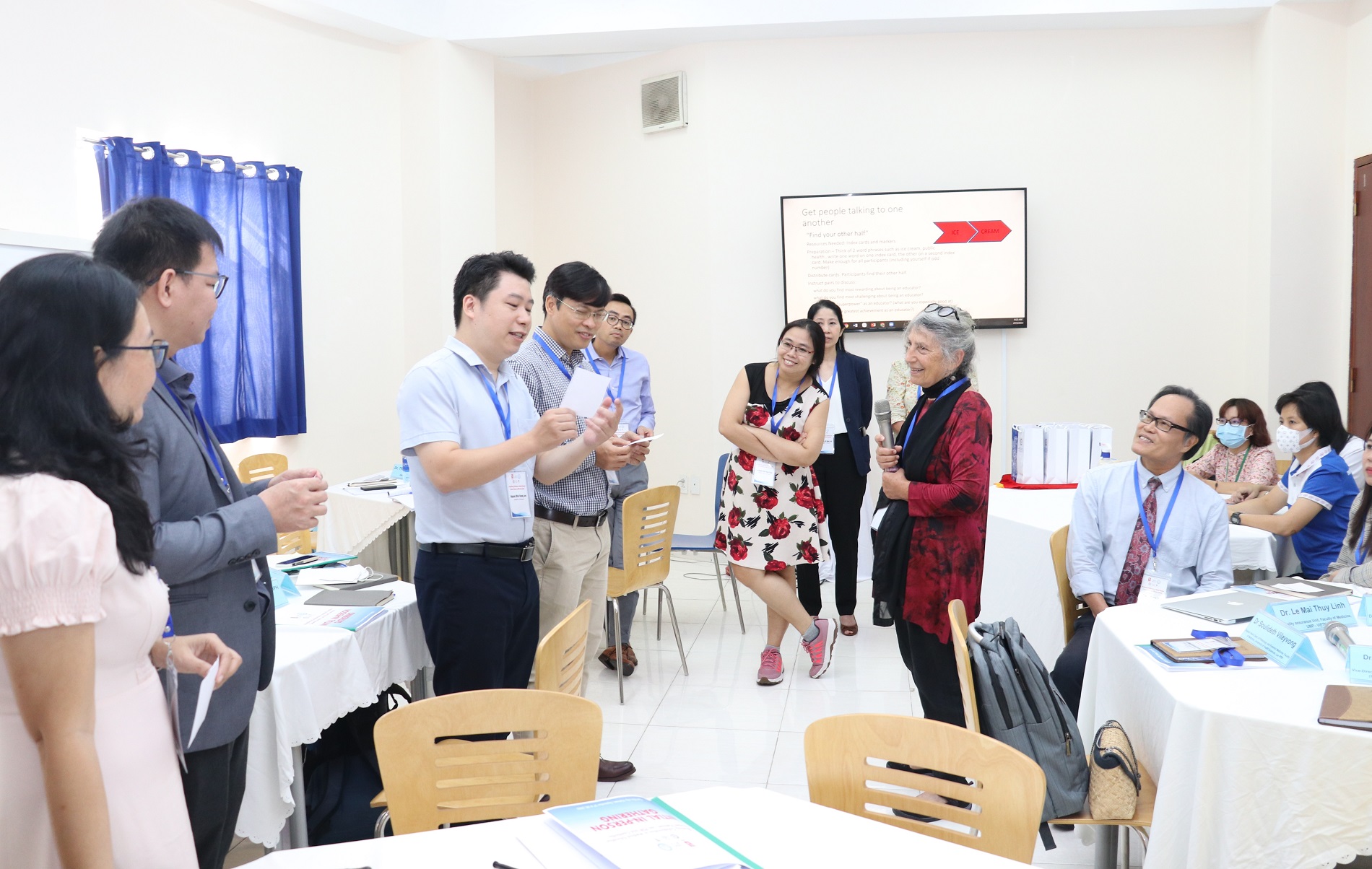
November 9, 2022
Universities in Viet Nam, Lao PDR, and Cambodia Work to Strengthen Collaboration in Medical Education
The initial in-person gathering for the CMB-supported project on “Strengthening Collaboration in Medical Education Between Viet Nam, Lao PDR, and Cambodia” represented a first step in building community and a culture of...
Continue Reading
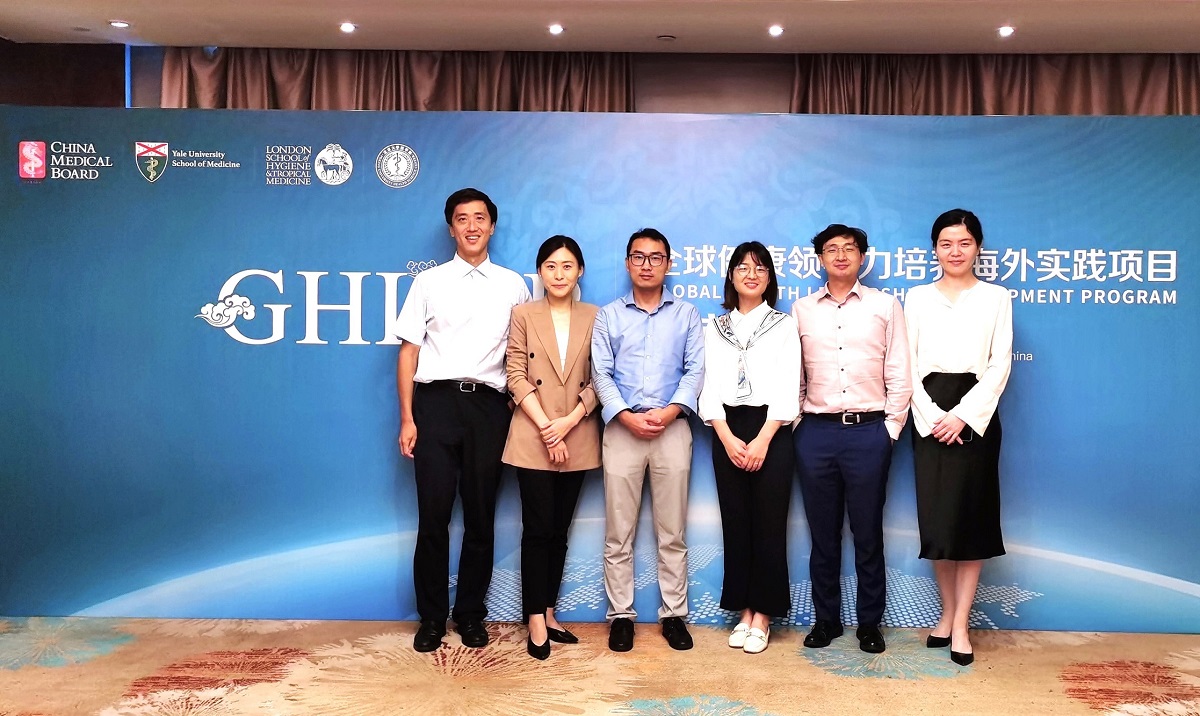
October 22, 2022
Global Health Leadership Development Program: Successful Pre-Departure Training for Fellows
In photograph above, left to right: GHLDP Fellows XIAO Meng, LI Dan, DING Jinfeng, JIA Mengmeng, LONG Jiang, andSHAN Wenjie CMB marked a milestone in its Global Health Leadership Development Program (GHLDP)...
Continue Reading
